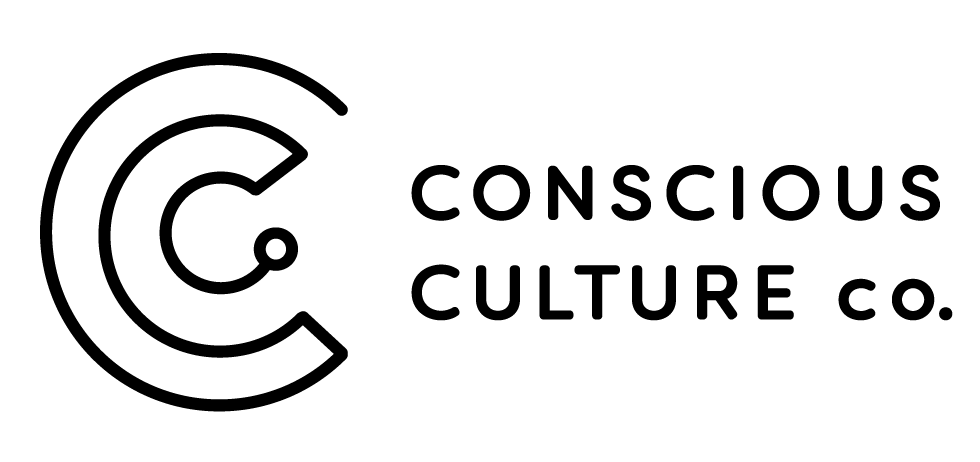Promoting Mental Health in the Workplace
Promoting Mental Health in the Workplace
May is Mental Health Awareness Month. Although we’re seeing conversations on this topic become increasingly mainstream -- employers are still cautious about discussing mental health with their employees, and understandably so. It’s important to protect people’s privacy and acknowledge that we're not mental health professionals. However, we know that anxiety, depression, burnout (now an official disorder classified in the DSM), and other mental health issues are becoming an epidemic, and chaotic or toxic workplaces tend to exacerbate these issues.
On the other end of the spectrum, healthy workplace cultures that care for the whole person are proactive about addressing human wellness, practicing healthy conflict, and creating psychological safety -- and they are reaping the benefits in employee engagement, retention, and productivity. This signals that there is a critical role for employers to play in creating the conditions for people to live more healthy, balanced lives, and in communicating to employees where to turn and what resources are available if they’re struggling.
If you’re wondering what to do to make sure you’re caring for your team’s mental health this month, here are a few ideas to get you started:
1. Check your health plans
Because counseling is expensive, it may not feel accessible to everyone. There are affordable EAP options your company could offer, and many of them offer a 24/7 helpline and free counseling sessions. In addition, some healthcare providers like Kaiser are waiving co-pays for a certain number counseling appointments in the midst of the current crisis, so check with your providers and communicate to employees what options are available. In the future, ask about access to affordable counseling services when selecting your benefit plans.
2. Give people a “mental health day.”
The timing couldn’t be better, while people are feeling the stress of the pandemic, homeschooling their children, getting sick… the list goes on. You can celebrate Mental Health Awareness by offering a “mental health day” that people can take, without losing PTO, to rest and recoup a bit. Shut work down for a day or allow people to take a day sometime in the next month. It's amazing how far one day can go.
3. Lead with vulnerability
A CEO at a tech company we work with recently shared that he opened up to his employees, acknowledging that he was struggling with changes related to COVID, losing sleep, and dealing with anxiety. He couldn’t believe how his team responded with not only support, but a collective exhale at the idea that he was human too. His team members felt less of a need to hide their struggles, and he was able to better help them problem solve. Without knowing it, he had increased psychological safety on the team by modeling appropriate levels of vulnerability.
4. Create space for emotion
The old adage that you need to “check your personal life at the door” is simply not how human beings work. As humans, we are integrated beings. When we’re struggling with issues in or out of work, it’s going to permeate into all areas of our lives. So when you ask your employees how they’re doing today, pause. Make sure they can really tell you how they’re feeling and that they know that it’s okay to feel something other than “fine” or “good”. Simply having a safe space to acknowledge what’s troubling them will have exponential return, increasing understanding, empathy, and levels of relational intelligence that lead to better results.
Looking for more ideas that won’t take much time or money? Share links to articles with your team like this or this. Stop sending emails after hours, so people don’t feel pressured to be online 24/7. Invite a subject matter expert to come speak to your team over a Zoom lunch one day. Offer an optional guided meditation (we love the free options on InsightTimer). By taking action and starting conversations on this topic, you are creating a culture where people are more likely to feel safe asking for help and get access to the resources they need.
If you want to brainstorm specific solutions for your team, setup time for a free 30 minute consultation with us. We’d love to hear from you.
